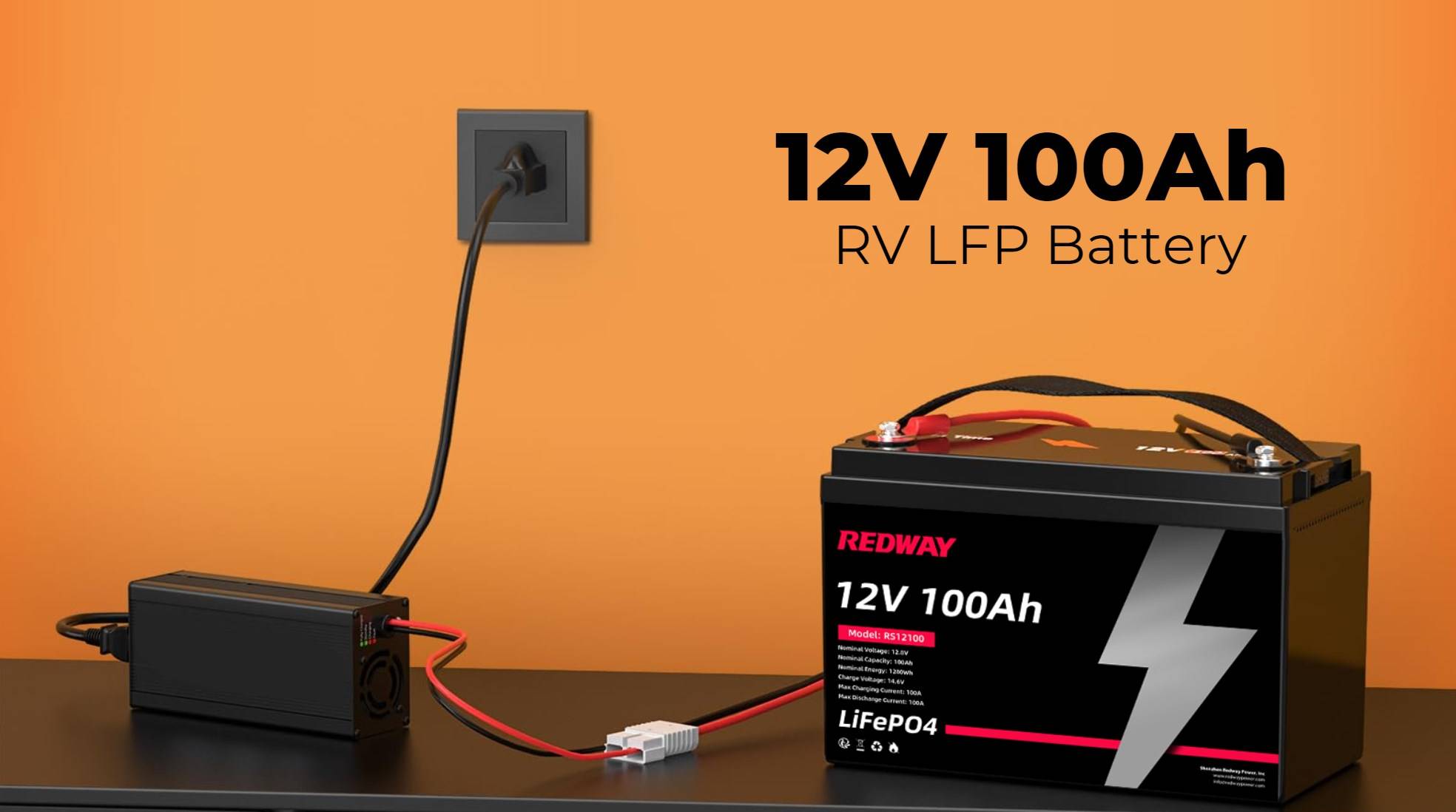Lithium-ion batteries have become a cornerstone of modern energy storage solutions, powering everything from smartphones to electric vehicles. Understanding the different types of lithium batteries and their benefits is essential for making informed choices in both personal and commercial applications.
What are lithium-ion batteries and how do they work?
Lithium-ion batteries are rechargeable energy storage devices that use lithium ions as a primary component of their electrochemistry. During charging, lithium ions move from the positive electrode (cathode) to the negative electrode (anode), and during discharging, they flow back, generating electrical energy. This process allows for efficient energy storage and release.Chart: Basic Operation of Lithium-Ion Batteries
| Stage | Description |
|---|---|
| Charging | Lithium ions move to the anode |
| Discharging | Lithium ions flow back to the cathode |
| Energy Generation | Electrons flow through an external circuit |
What are the different types of lithium-ion batteries available?
There are several types of lithium-ion batteries, each with unique characteristics:
- Lithium Cobalt Oxide (LiCoO2): Commonly used in smartphones; high energy density but lower thermal stability.
- Lithium Iron Phosphate (LiFePO4): Known for safety and longevity; lower energy density but excellent thermal stability.
- Lithium Nickel Manganese Cobalt (NMC): Balances performance, safety, and cost; widely used in electric vehicles.
- Lithium Polymer (LiPo): Flexible form factor; used in drones and RC vehicles; can be more expensive.
Chart: Comparison of Lithium-Ion Battery Types
| Battery Type | Energy Density (Wh/kg) | Cycle Life | Applications |
|---|---|---|---|
| Lithium Cobalt Oxide | 150 – 200 | 500 – 1000 cycles | Smartphones, laptops |
| Lithium Iron Phosphate | 90 – 120 | 2000 – 3000 cycles | Electric vehicles |
| Lithium Nickel Manganese Cobalt | 150 – 220 | 1000 – 2000 cycles | EVs, power tools |
| Lithium Polymer | 100 – 150 | 300 – 500 cycles | Drones, RC vehicles |
What are the benefits of using lithium-ion batteries in various applications?
Lithium-ion batteries offer numerous advantages:
- High Energy Density: They store more energy per unit weight compared to other battery types.
- Long Cycle Life: Many can withstand hundreds to thousands of charge/discharge cycles.
- Low Self-discharge Rate: They retain their charge longer when not in use.
- Lightweight: Ideal for portable electronics and electric vehicles.
These benefits make them suitable for a wide range of applications, from consumer electronics to renewable energy storage.
How do lithium-ion batteries compare to other battery technologies?
Compared to traditional lead-acid batteries, lithium-ion batteries have several advantages:
- Higher Efficiency: They convert more stored energy into usable power.
- Longer Lifespan: Lithium-ion typically lasts longer than lead-acid options.
- Reduced Weight: They are lighter, making them ideal for mobile applications.
However, lead-acid batteries are often cheaper upfront and easier to recycle.
What safety considerations should be taken into account with lithium-ion batteries?
Safety is a critical concern with lithium-ion technology due to risks such as thermal runaway, which can lead to fires or explosions if not managed properly. Key safety measures include:
- Using quality chargers designed for specific battery types.
- Avoiding exposure to extreme temperatures.
- Regularly inspecting for physical damage or swelling.
Chart: Safety Considerations for Lithium-Ion Batteries
| Safety Measure | Description |
|---|---|
| Use Quality Chargers | Ensure compatibility with battery specifications |
| Temperature Control | Keep away from extreme heat or cold |
| Regular Inspections | Check for damage or wear before use |
How can you maintain and extend the life of lithium-ion batteries?
To prolong the lifespan of lithium-ion batteries:
- Avoid complete discharges; recharge when around 20% capacity remains.
- Store at moderate temperatures, ideally between 20°C and 25°C (68°F – 77°F).
- Use smart chargers that prevent overcharging.
- Limit exposure to high temperatures during charging.
Implementing these practices can significantly enhance battery performance over time.
What advancements are being made in lithium-ion battery technology?
Recent advancements include:
- Development of solid-state batteries that promise higher energy densities and improved safety.
- Research into alternative materials that reduce reliance on scarce resources like cobalt.
- Innovations in recycling processes that improve sustainability by recovering valuable materials from spent batteries.
These developments aim to enhance performance while addressing environmental concerns associated with traditional battery production.
Buy Wholesale Battery Tips
When considering wholesale purchases of lithium-ion batteries or OEM orders, partnering with a reputable manufacturer like Redway Battery is essential. Their extensive experience ensures high-quality products that comply with international standards. The typical process includes:
- Submitting an inquiry detailing your requirements.
- Collaborating with engineers to finalize specifications.
- Approving samples before mass production.
- Receiving timely shipments upon order confirmation.
Choosing a trusted manufacturer guarantees reliable products that enhance your business offerings.
Industrial News
Recent reports indicate a surge in demand for advanced battery technologies as global interest in electric vehicles and renewable energy solutions grows. Manufacturers are investing heavily in research and development to improve efficiency, reduce costs, and enhance sustainability within the industry.



